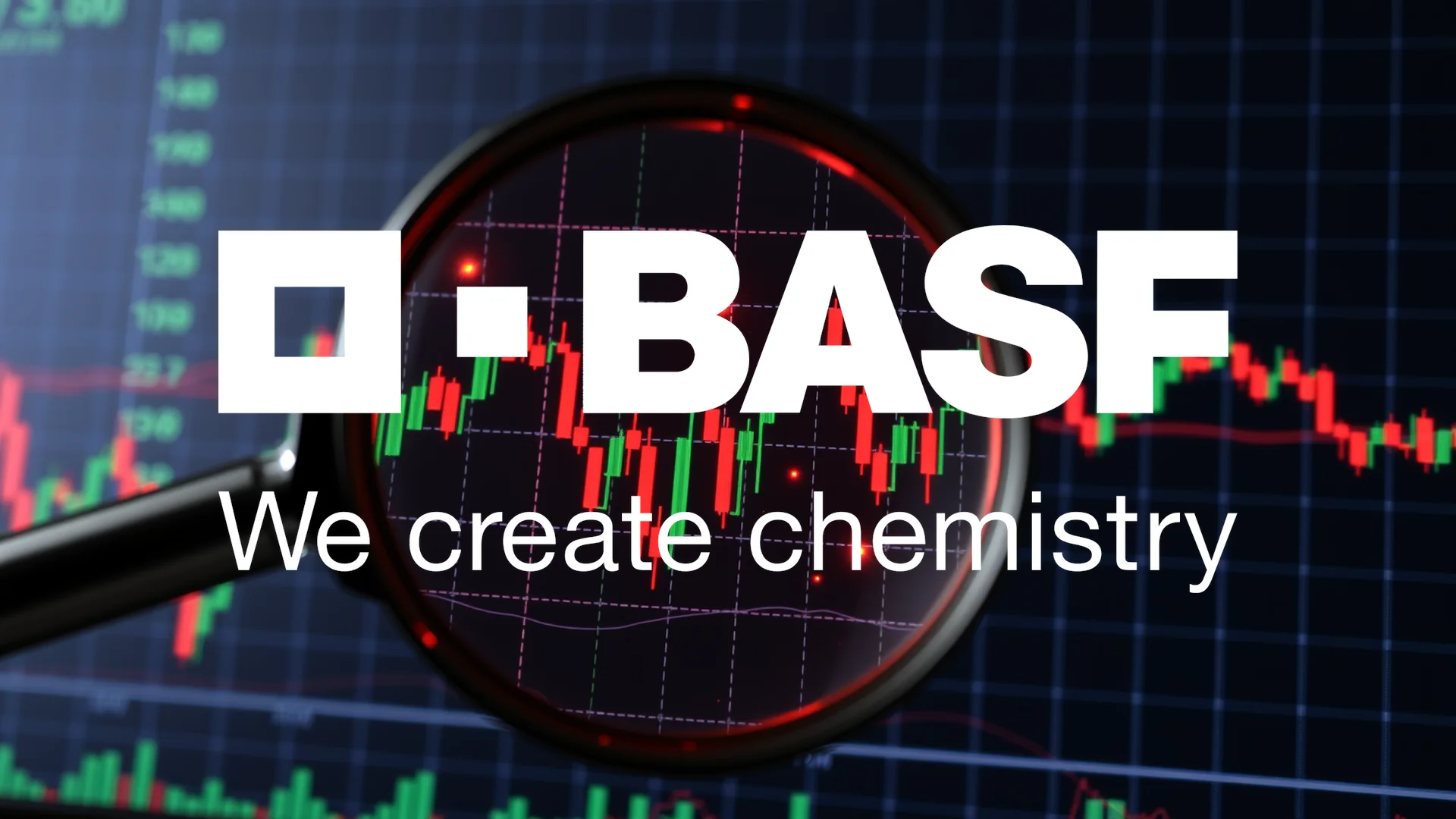The unexpected removal of BASF from Europe’s prestigious STOXX 50 index has sent shockwaves through investor circles, raising fundamental questions about the chemical giant’s market standing. This exclusion represents far more than a symbolic blow—it triggers automatic selling pressure that could further challenge the company’s already struggling shares. Market participants now confront a critical dilemma: has this DAX founding member permanently lost its significance, or does its current weakness present a hidden opportunity for contrarian investors?
Structural Challenges Compound Index Pressure
BASF’s departure from the elite index creates tangible financial consequences beyond mere reputation damage. Passive index funds tracking the STOXX 50 must now divest their BASF holdings, generating mechanical selling pressure that arrives at an particularly inopportune moment for the chemical producer.
The company operates within a sector facing substantial headwinds:
* Industrial demand remains weak, leaving production facilities operating at fractions of capacity
* Persistently high energy costs continue to erode profit margins
* Economic softness in key markets hampers recovery prospects
Quarterly Results Reflect Deep Challenges
Recent financial performance underscores the severity of BASF’s situation. Earnings per share experienced a dramatic collapse, plummeting from €0.48 in the previous year’s comparable period to a meager €0.09—representing a decline exceeding 80 percent. Concurrently, revenue decreased to €15.77 billion from €16.11 billion year-over-year.
Should investors sell immediately? Or is it worth buying BASF?
The energy-intensive nature of chemical production compounds these difficulties, as elevated energy prices substantially impact profitability and limit potential for rapid improvement.
Trading Patterns Signal Investor Indecision
Market reaction to these developments reflects significant uncertainty among investors. BASF shares have traded within a €40 to €55 range for several months, indicating widespread indecision about the company’s direction. At its current price of €44.22, the stock trades approximately 18 percent below its yearly high of nearly €54.
The critical question now emerges: will the mechanical selling pressure resulting from the index exclusion breach the crucial €40 support level, or will value-oriented investors view this weakness as an entry point into the chemical behemoth?
Ad
BASF Stock: Buy or Sell?! New BASF Analysis from February 7 delivers the answer:
The latest BASF figures speak for themselves: Urgent action needed for BASF investors. Is it worth buying or should you sell? Find out what to do now in the current free analysis from February 7.
BASF: Buy or sell? Read more here...













